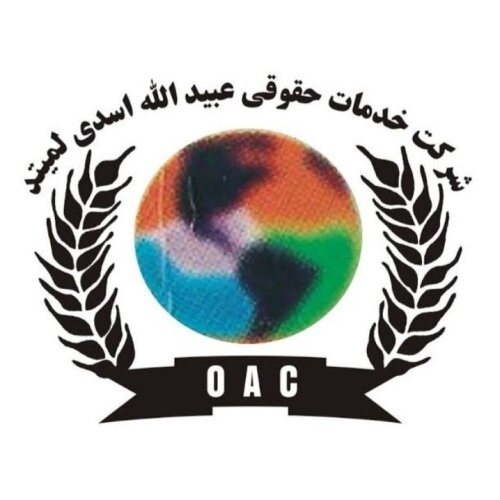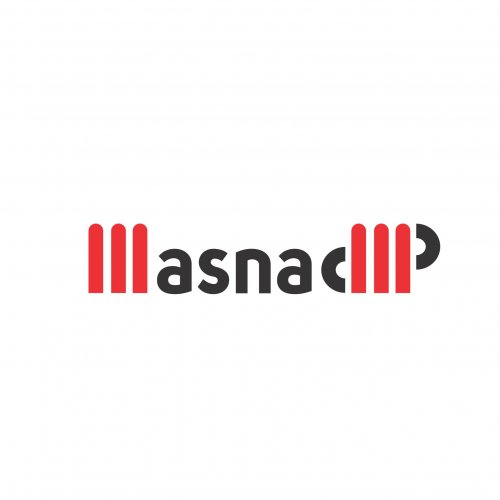Best Financial Services Regulation Lawyers in Kabul
Share your needs with us, get contacted by law firms.
Free. Takes 2 min.
List of the best lawyers in Kabul, Afghanistan
About Financial Services Regulation Law in Kabul, Afghanistan
Financial Services Regulation in Kabul, Afghanistan, is a critical aspect of the country's financial stability and integrity. The regulatory framework is designed to oversee and guide financial institutions, ensuring they operate in a fair, transparent, and accountable manner. Key bodies such as the Afghanistan Central Bank play a vital role in regulating banks, financial markets, and non-banking financial institutions. The regulations aim to promote consumer protection, prevent financial crimes, and facilitate economic growth.
Why You May Need a Lawyer
Engaging a lawyer with expertise in Financial Services Regulation can be crucial in several situations. Common scenarios include:
- Setting up a new financial institution or service where regulatory approval is required
- Navigating complex compliance requirements for existing financial services
- Addressing disputes or violations of financial regulations
- Handling mergers, acquisitions, or other corporate transactions involving financial services
- Responding to investigations by regulatory authorities
Local Laws Overview
Key aspects of local laws in Kabul relating to Financial Services Regulation include:
- Banking Laws: Regulations govern the establishment and operation of banks, focusing on capital adequacy, anti-money laundering (AML), and know-your-customer (KYC) requirements.
- Securities Regulation: Laws that oversee the securities market, aiming to protect investors and ensure fair trade practices.
- Insurance Legislation: Rules regulating insurance companies, including their financial health and consumer protection measures.
- Monetary Policy: Managed by the Afghanistan Central Bank, it includes regulations affecting interest rates and financial stability.
- Consumer Protection: Legal provisions designed to protect consumers from fraud and ensure transparent financial practices.
Frequently Asked Questions
1. What is the role of the Afghanistan Central Bank in financial regulation?
The Afghanistan Central Bank oversees the country's monetary policy, regulates banks and financial institutions, and ensures the stability and integrity of the financial system.
2. Do foreign financial institutions need a special license to operate in Kabul?
Yes, foreign financial institutions must obtain the necessary licenses and approvals from the Afghanistan Central Bank to operate legally in Kabul.
3. What are the penalties for violating financial regulations?
Penalties can include fines, revocation of licenses, or legal action against the institution or its management, depending on the severity of the violation.
4. How are consumer rights protected under Afghan financial services regulations?
Consumer rights are protected through specific laws that prohibit unfair practices, mandate clear disclosure of terms, and provide avenues for complaint resolution.
5. What steps are required to start a new bank in Kabul?
Starting a bank involves obtaining licenses, meeting capital requirements, adhering to AML and KYC standards, and getting approval from the Afghanistan Central Bank.
6. How do financial institutions ensure compliance with AML and KYC regulations?
Institutions develop internal controls, conduct regular audits, provide staff training, and maintain detailed records to comply with AML and KYC requirements.
7. Are there specific regulations for fintech companies in Kabul?
Fintech companies must adhere to existing financial regulations concerning data protection, consumer rights, and secure payment systems, awaiting more defined regulations as the sector grows.
8. How can I resolve a dispute with a financial service provider?
Disputes can often be addressed by contacting the provider's customer service department. If unresolved, the Afghanistan Central Bank or legal recourse might be necessary.
9. What is the process to address financial fraud in Kabul?
To address financial fraud, notify your financial institution immediately, report it to local law enforcement, and consult with a legal professional if necessary.
10. Can I represent myself in financial regulation cases?
While self-representation is possible, it's advisable to consult a lawyer due to the complexity of financial regulations and potential legal implications.
Additional Resources
For those seeking further information or assistance, consider reaching out to the following organizations:
- Afghanistan Central Bank: The primary regulatory authority for financial services.
- Ministry of Finance: Responsible for fiscal and economic policies impacting financial services.
- Afghanistan Banking Association: Provides industry insights and support to financial institutions.
- Local Law Firms: Firms specializing in financial services law can provide personalized assistance.
Next Steps
If you need legal assistance in the field of Financial Services Regulation, consider the following steps:
- Conduct a preliminary consultation with a law firm specializing in financial services regulation to discuss your situation.
- Gather all relevant documents and information regarding your legal needs.
- Develop a clear understanding of the applicable laws and regulations with your lawyer's guidance.
- Determine a legal strategy or action plan with your lawyer to address your regulatory concerns effectively.
Lawzana helps you find the best lawyers and law firms in Kabul through a curated and pre-screened list of qualified legal professionals. Our platform offers rankings and detailed profiles of attorneys and law firms, allowing you to compare based on practice areas, including Financial Services Regulation, experience, and client feedback.
Each profile includes a description of the firm's areas of practice, client reviews, team members and partners, year of establishment, spoken languages, office locations, contact information, social media presence, and any published articles or resources. Most firms on our platform speak English and are experienced in both local and international legal matters.
Get a quote from top-rated law firms in Kabul, Afghanistan — quickly, securely, and without unnecessary hassle.
Disclaimer:
The information provided on this page is for general informational purposes only and does not constitute legal advice. While we strive to ensure the accuracy and relevance of the content, legal information may change over time, and interpretations of the law can vary. You should always consult with a qualified legal professional for advice specific to your situation.
We disclaim all liability for actions taken or not taken based on the content of this page. If you believe any information is incorrect or outdated, please contact us, and we will review and update it where appropriate.












